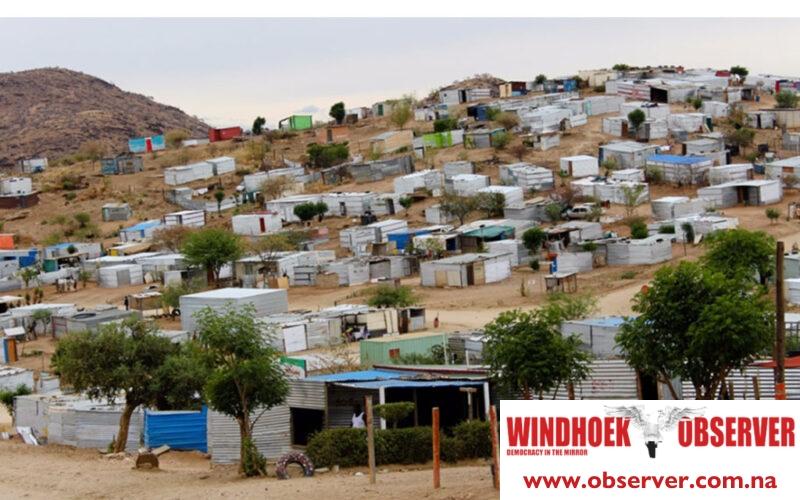Martin Endjala
Several communities across the country have proposed the creation of their own constituencies for better service delivery.
This trend emerged during ongoing consultation meetings with the Boundaries Delimitation and Demarcation Commission in the Khomas region.
The residents of the informal settlements in Havana and Goreangab are the latest community to express a desire for representation.
They are currently part of the Samora Machel Constituency.
Affirmative Repositioning Movement (AR) Khomas region chairperson and youth community leader Sem David of the Samora Machel Community Development Committee (CDC) and community members rejected the border demarcation commission’s decision to split the Samora Machel Constituency and give the Wanaheda location to the John Pandeni Constituency.
This angered the community members, who still proposed demarcating Samora Machel instead of giving away Wanaheda and forming a new constituency.
“The community opposed the proposal that Wanaheda should be given away to John Pandeni because the office of the regional council is located in Wanaheda. We proposed to have our own constituency because border demarcations happen only after ten years, and we can’t suffer another decade under development costs.,” he said.
The community proposes that the new jurisdiction’s border start at Makitsi Street, from Peter Nanyemba Road down to Ongos Farm.
He argued that the regional councillors from the developed side of the constituency feel no pain in living in an undeveloped area, and when the community demands services, they don’t listen to them.
He added that the City of Windhoek keeps telling them they are there illegally occupying land.
David suggested creating a separate constituency for Havanna so it could demand and direct its own development.
The community members said the informal settlement is growing in terms of population and houses, which makes it difficult for the regional councillor to meet all their needs.
An estimated 110 000 people are living in informal settlements in Windhoek.
According to the latest Census statistics from the Namibia Statistics Agency, approximately 100 000 individuals reside in the Havana informal settlement.
The residents of the Swakopmund constituency have also suggested splitting the constituency in half.
Swakopmund North and Swakopmund South.
The residents suggested properly marking the borders between Walvis Bay’s urban and rural areas on the map, as they are unclear.
Unfortunately, the submissions to the commission were made formally, and as a result, the commission has given the communities 14 days to consult and submit.
There were also suggestions to rename Uis, Okombahe, Omaruru, Karibib, Otjimbingwe, and Erongo, including its own constituency.
By law, a region can have between 6 and 12 constituencies. Currently, there are 121 constituencies in Namibia.
The Zambezi Development Association chairperson, Blessing Manda, told the Windhoek Observer that the consultations are important.
He said that the consultations are occurring during a crisis and at an inconvenient time, as ECN requires registration and expects attendees to attend the meetings.
He says the delimitation commission appears to be travelling on a late public bus.
Last month, Manda also rejected the proposed Kavango central region, which will include parts of the Zambezi region.
The Zambezi community also removed the boundary sign board for it to be changed to its former name, Caprivi.
President Nangolo Mbumba appointed the Boundaries Delimitation and Demarcation Commission in April.
The deadline for consulting all 14 regions and submitting a report to support the upcoming elections is three months.




